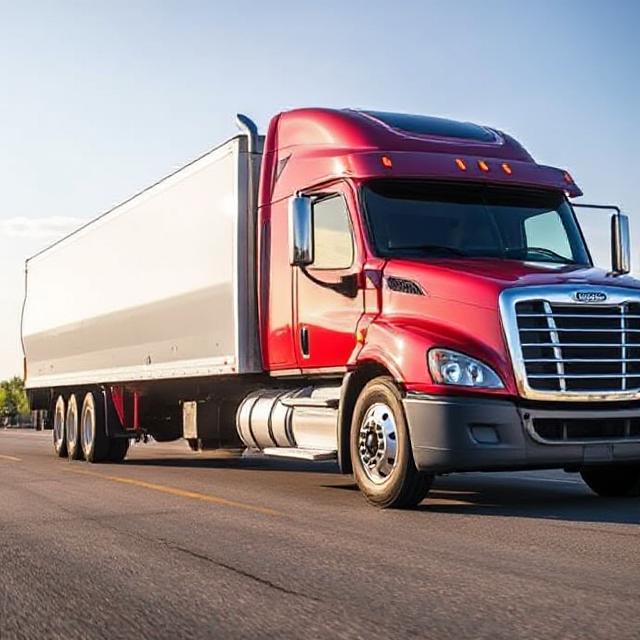Discover why switching to CNG trucks is a smart move for modern fleet operations—offering fuel savings, environmental benefits, and long-term ROI.
Why CNG Trucks Make Business Sense for Modern Fleet Operations
As the commercial transportation industry faces increasing pressure to reduce costs and carbon emissions, fleet managers are rethinking how they power their vehicles. One fuel solution gaining momentum is Compressed Natural Gas (CNG). From cost savings to environmental responsibility, CNG trucks offer a range of advantages that make them a smart choice for modern fleet operations.
In this blog, we’ll explore the economic, environmental, and operational benefits of adopting CNG-powered trucks.
💰 Lower Fuel Costs = Higher Savings
One of the primary drivers for switching to CNG is fuel price stability and affordability. Compared to diesel, CNG is often 30–50% cheaper, especially in markets with local natural gas production. This allows fleet operators to achieve significant fuel savings over the life of a truck.
Example:
A long-haul truck using CNG instead of diesel could save thousands of dollars annually in fuel costs—especially when multiplied across an entire fleet.
🌱 Environmental Responsibility Pays Off
CNG trucks produce fewer emissions than traditional diesel trucks:
- Up to 90% less NOx (Nitrogen Oxide)
- Up to 25% less CO₂
- Near-zero particulate matter
These reductions are critical for companies seeking to:
- Meet ESG (Environmental, Social, Governance) goals
- Comply with government regulations
- Win eco-conscious contracts
CNG also supports corporate sustainability initiatives without the range anxiety and infrastructure limitations of electric trucks.
🛠️ Lower Maintenance, Fewer Downtimes
CNG engines are cleaner-burning, which leads to:
- Fewer engine deposits
- Reduced oil contamination
- Less wear on parts like spark plugs and filters
This translates to:
- Extended maintenance intervals
- Lower overall maintenance costs
- Improved uptime for fleet vehicles
🏁 Growing Infrastructure & Support
CNG refueling stations are expanding, particularly in regions with strong commercial transit routes. Public-private partnerships and government incentives have accelerated the buildout of CNG infrastructure, making it increasingly viable for both local and long-haul routes.
Additionally, OEMs (Original Equipment Manufacturers) and aftermarket providers now offer a wide range of CNG truck models and conversion kits.
📊 Tax Incentives & ROI
Governments in many regions offer:
- Tax credits for alternative fuel vehicles
- Grants for CNG infrastructure investment
- Incentives for reducing carbon emissions
These programs can help offset initial costs, making the switch to CNG trucks financially attractive with faster return on investment (ROI).
🔄 CNG vs. Other Alternatives
While electric vehicles (EVs) are gaining popularity, they still face challenges with range, payload limitations, and charging infrastructure for heavy-duty applications.
CNG strikes a balance:
- Cleaner than diesel
- More practical for long-haul fleets than EVs
- Readily available and scalable
🚛 Conclusion: A Smarter, Greener Choice for Fleets
For fleet managers looking to lower operational costs, reduce environmental impact, and future-proof their operations, CNG trucks are a proven, practical solution.
With lower fuel and maintenance costs, increasing infrastructure, and positive environmental impact, CNG offers both immediate value and long-term sustainability for modern commercial fleets.
Target Keywords:
- CNG trucks
- fleet operations
- alternative fuel vehicles
- commercial transportation
- cost-effective trucking
- green fleet solutions
- compressed natural gas trucks
- fleet fuel savings

